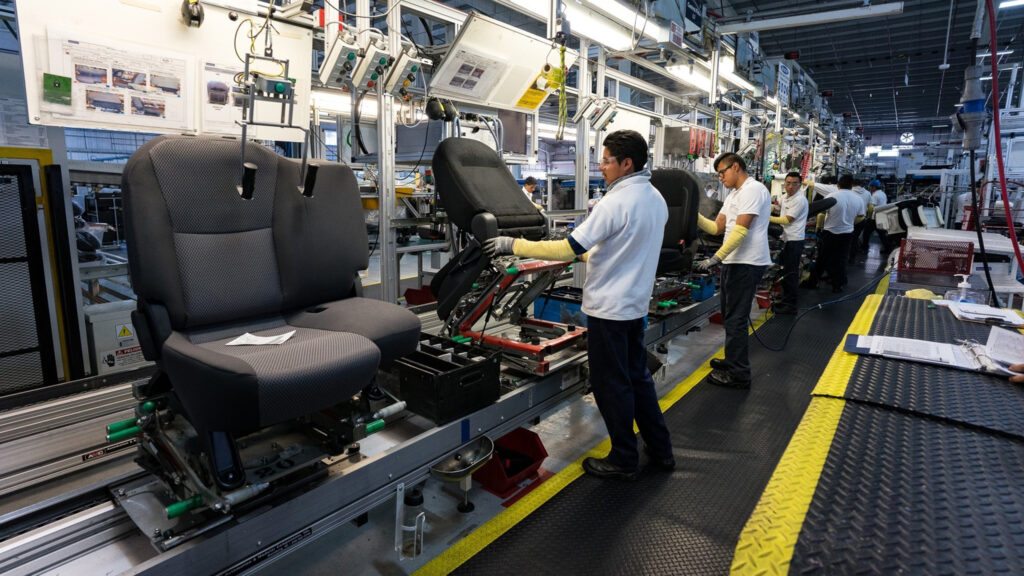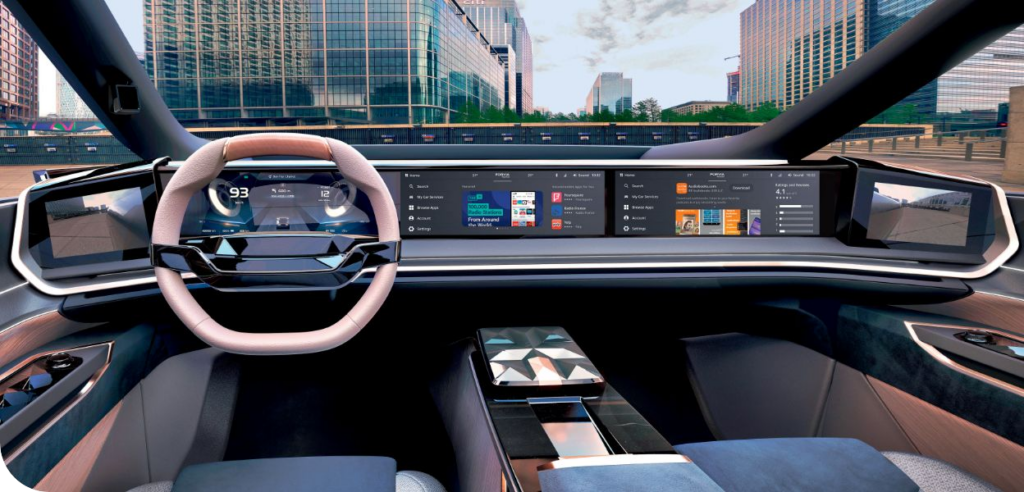Forvia is the world’s largest auto supplier of vehicle interiors and emissions control systems
February 20, 2024 at 16:29

A major parts supplier for brands including Tesla, VW, and Ford will cut upwards of 10,000 jobs in Europe over the coming five years. Making up for the reduction in the workforce will be an increased reliance on artificial intelligence.
Forvia, the 7th largest international parts manufacturer, will slash its European workforce of 75,500 people by 13%. It will do so primarily through attrition and reduced recruitment. In addition to cutting jobs, it plans to reduce costs by making regional manufacturing changes and, using artificial intelligence, tweaking and optimizing spending on research and development.
“Our attrition rate is 2,000 to 2,500 people a year,” Forvia chief financial officer Olivier Durand said in a call with the media. “So, in fact, the plan does not mean making 10,000 people redundant at all. What it does mean is that we need to ensure that recruitment is limited to what is strictly necessary.”
Read: Weak Sales Lead To Biggest Inventory Since Pandemic, Stellantis Drowning In Unsold Cars

The company says the reduction in its headcount will save it around €500 million ($540 million) annually starting in 2028. It noted that it needs to adapt to the European Union’s current climate policies while remaining competitive and adapting to the changing customer landscape, a spokesman told The Wall Street Journal.
Forvia added that it also wants to improve profitability in Europe and reduce its reliance on China. The company produces more vehicle interiors and emissions control systems than any other firm and as of 2022, employed more than 157,000 people worldwide. In addition to supplying parts to Tesla, VW, and Ford, it also sells parts to the likes of the Renault-Nissan-Mitsubishi Alliance, Stellantis, GM, BMW, Daimler, Toyota, Hyundai-Kia, and BYD. It expects to generate between €27.5 billion ($29.6 billion) and €28.5 billion ($30.6 billion) in sales this year, similar to the €27.25 billion ($29.3 billion) it achieved last year.


